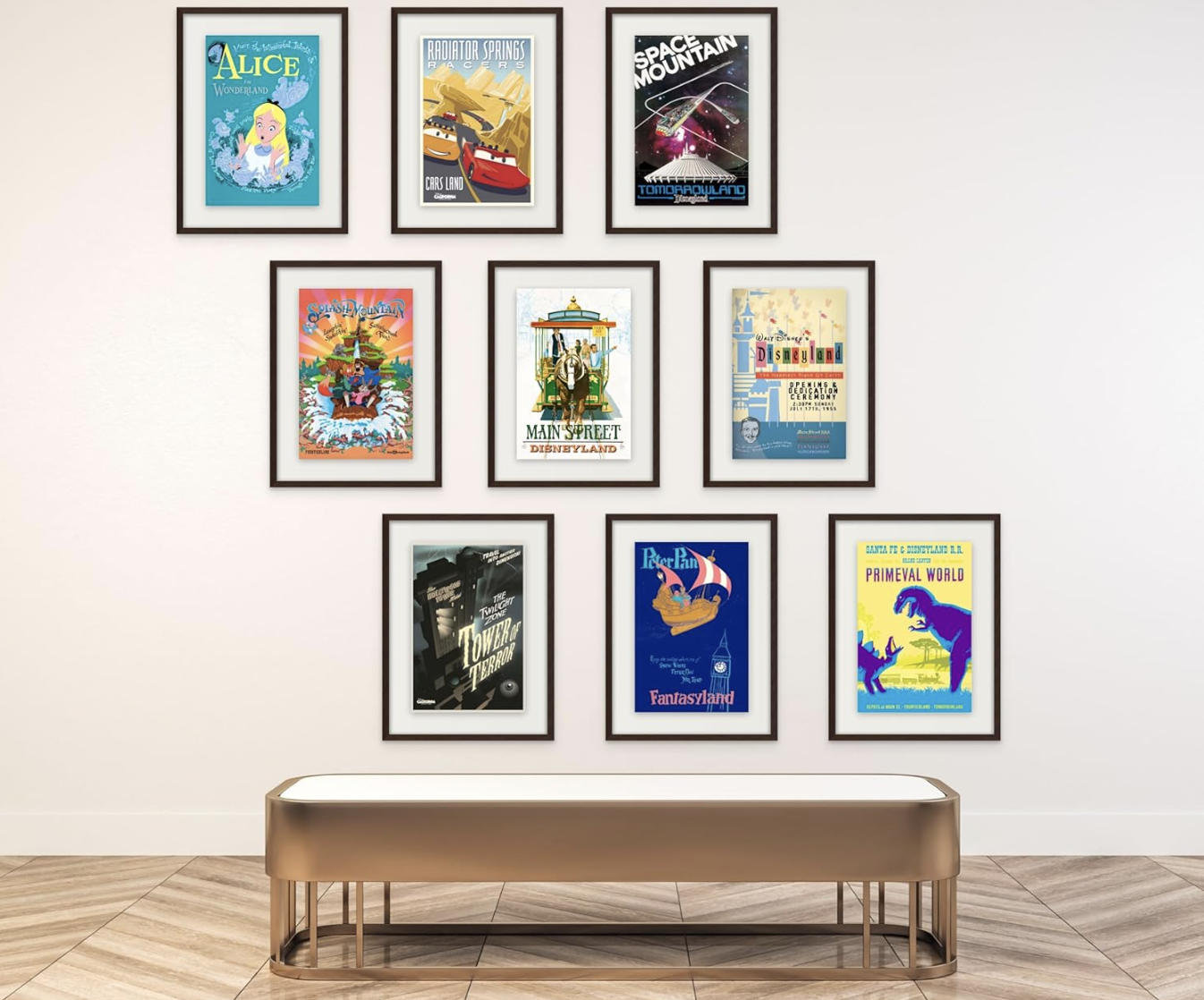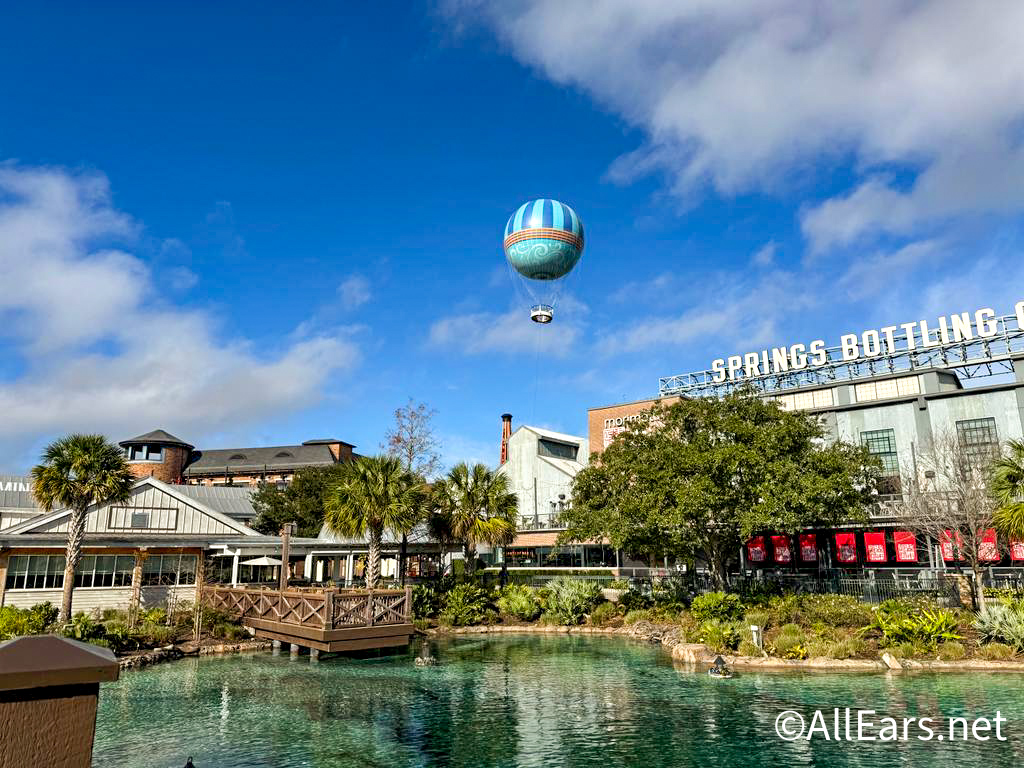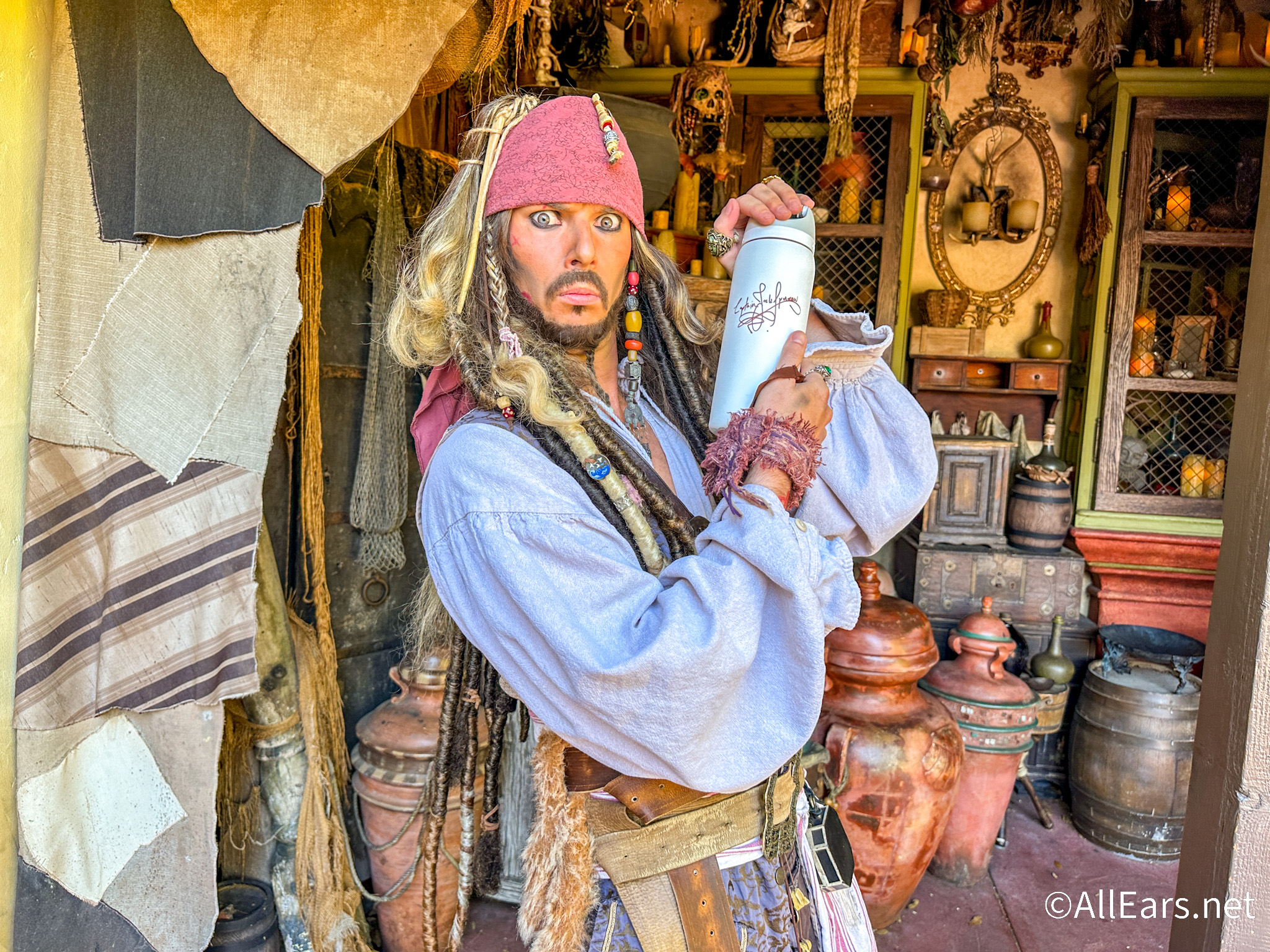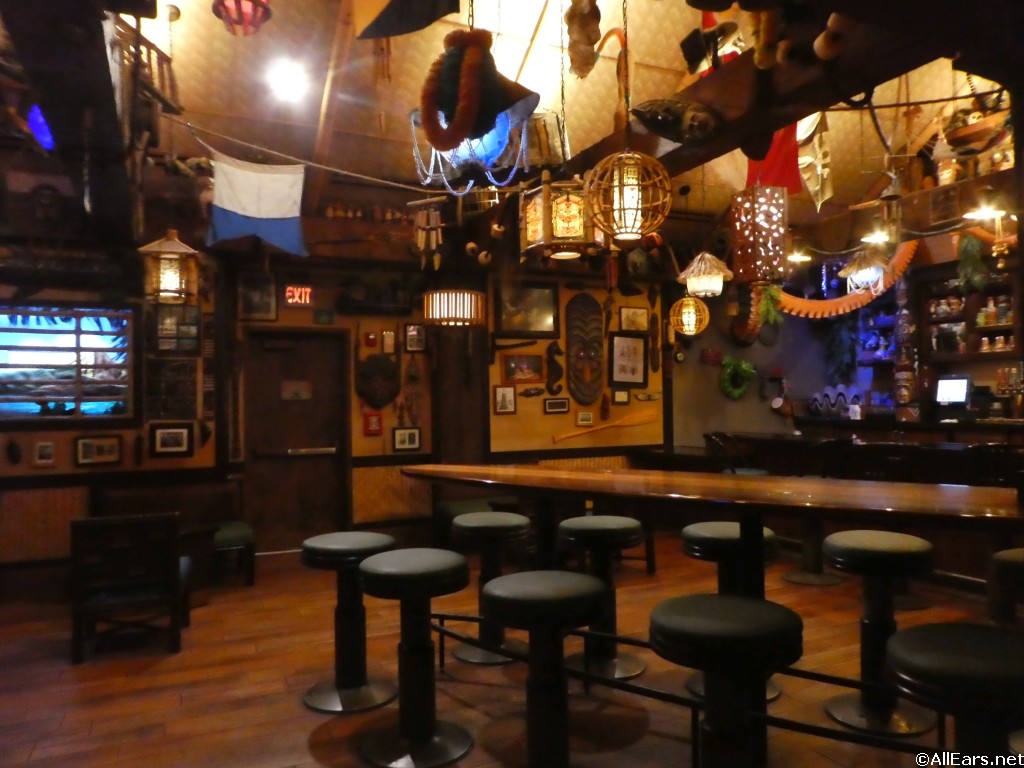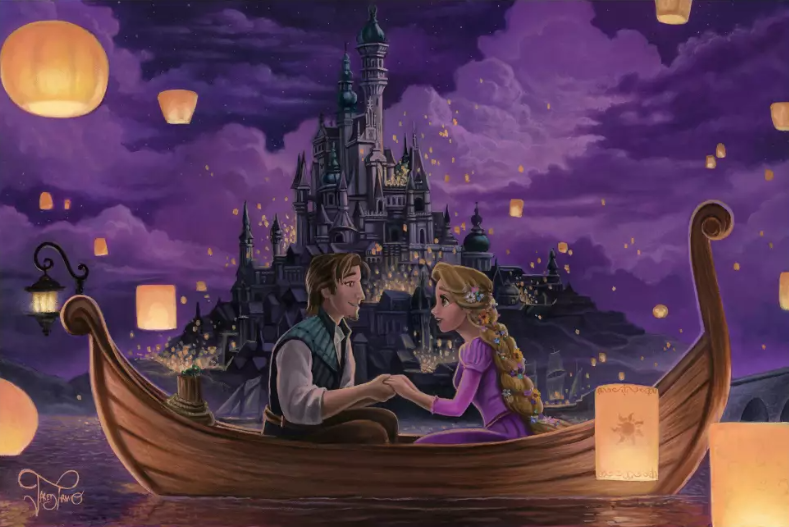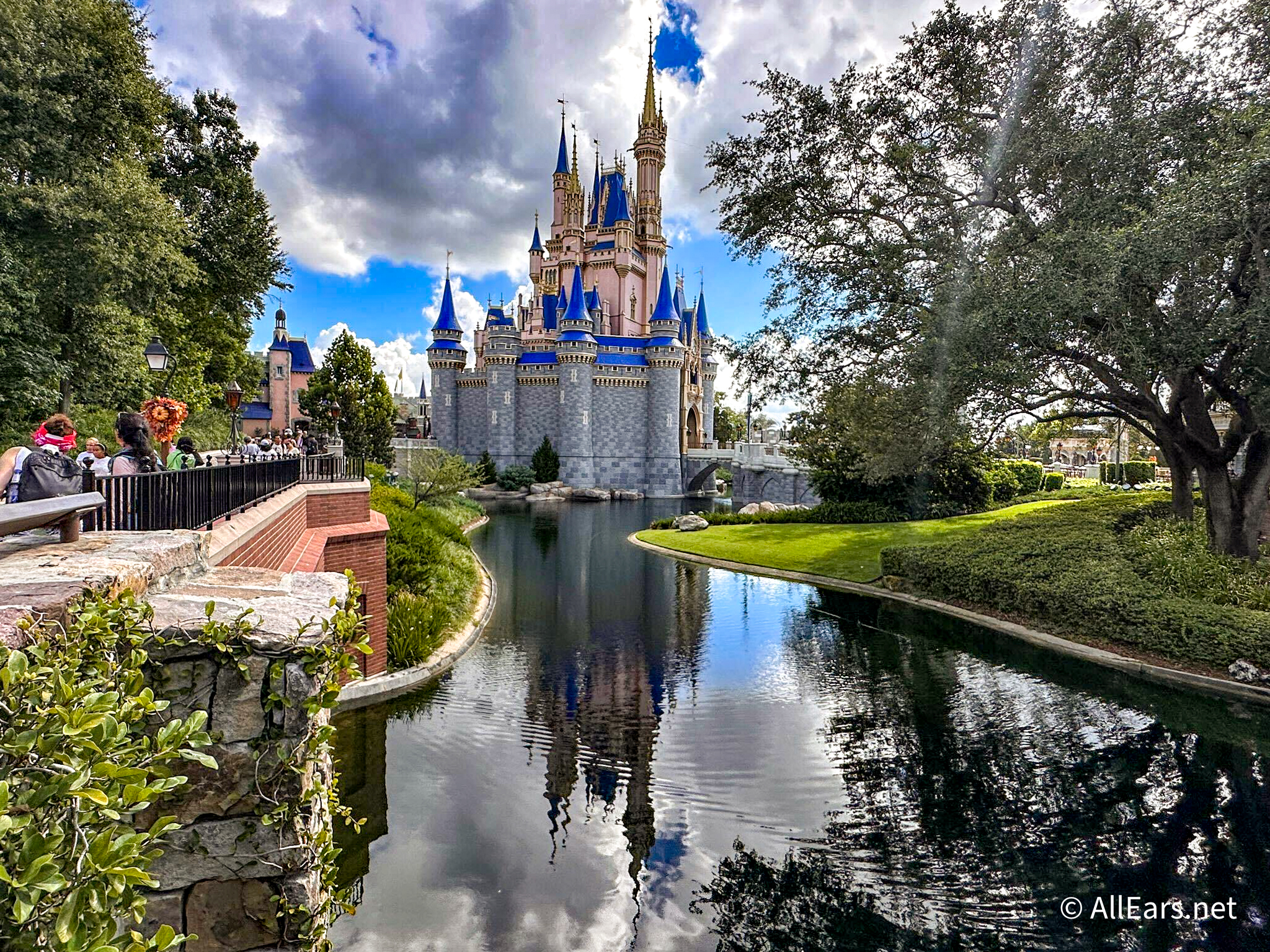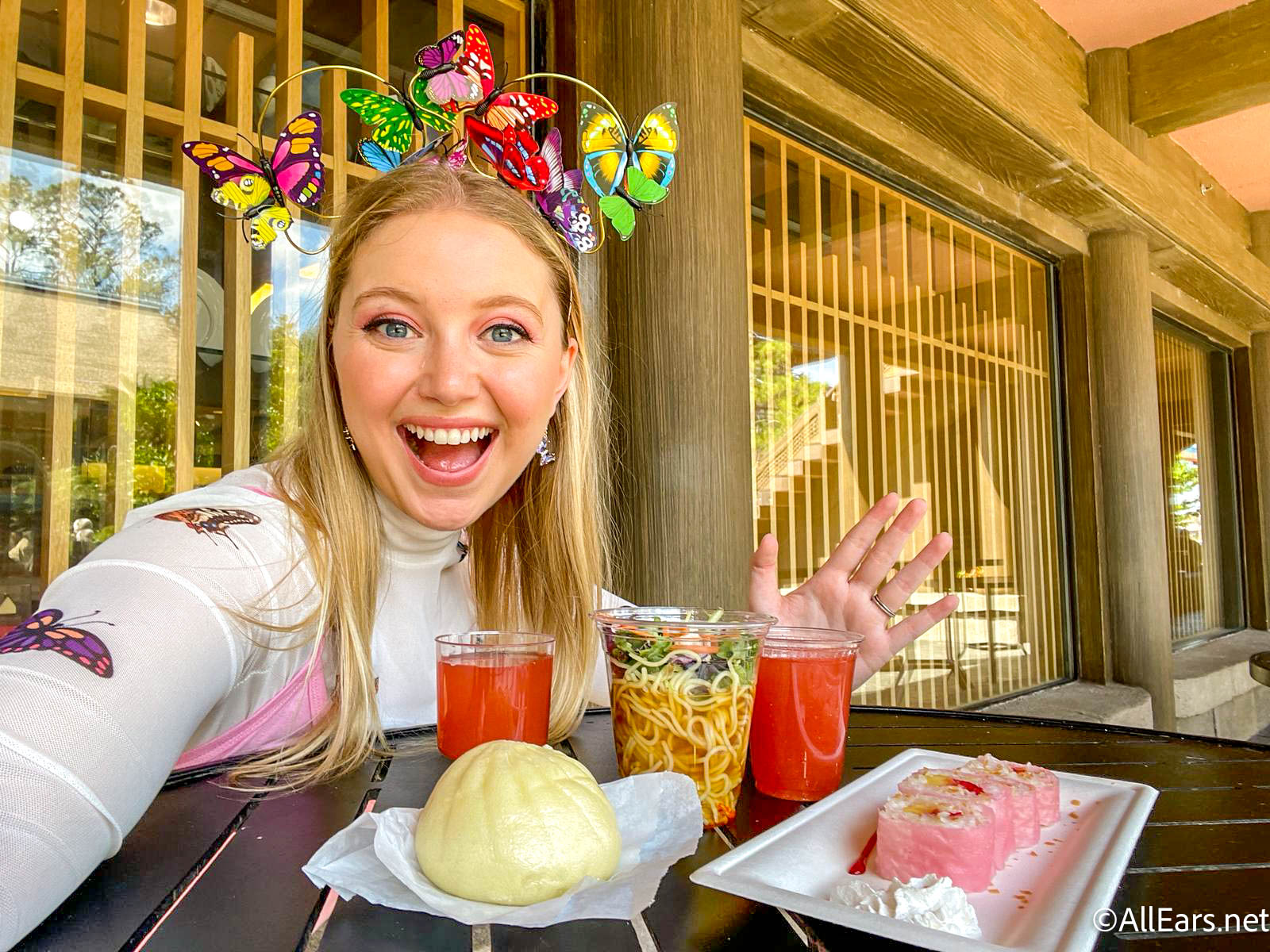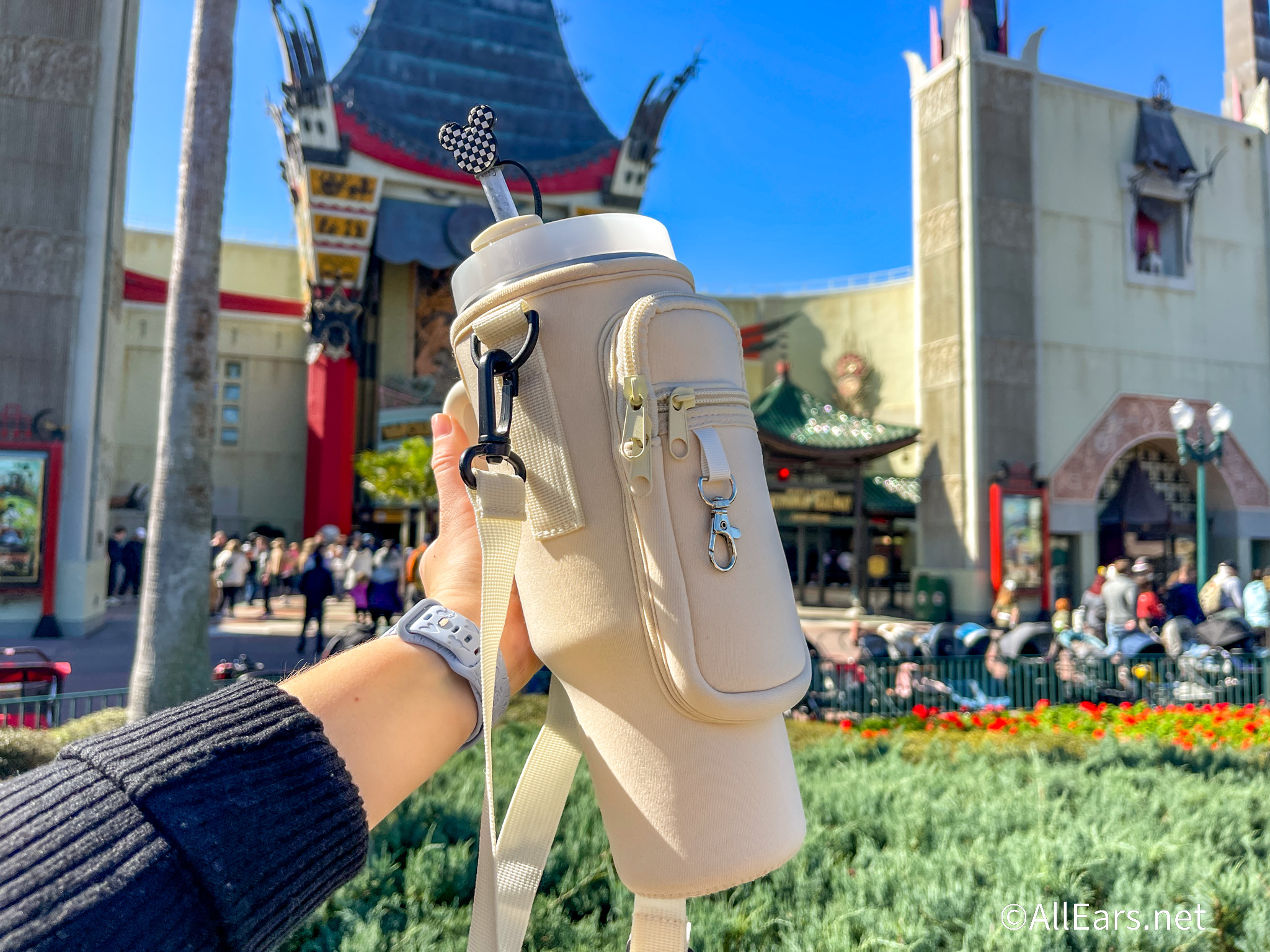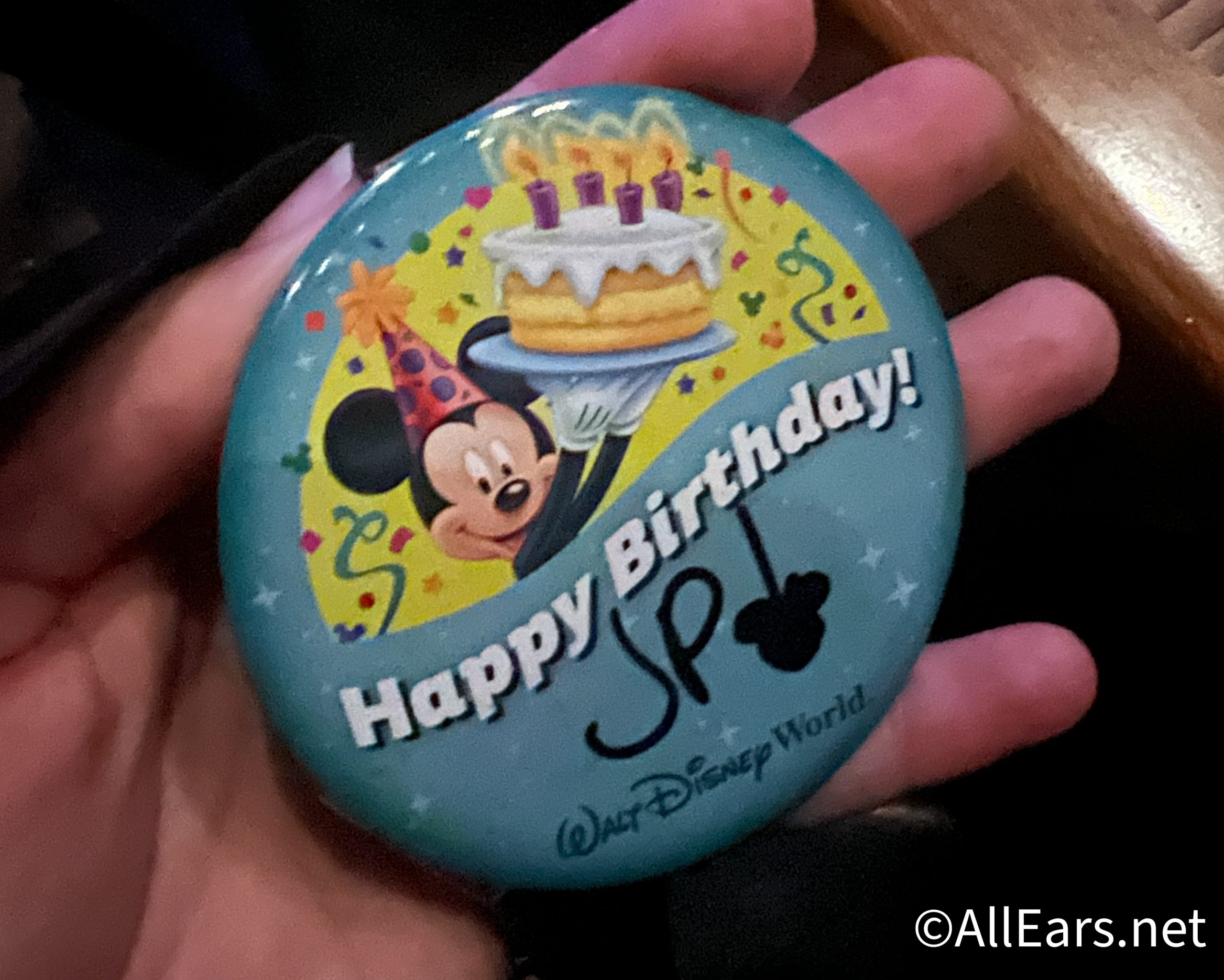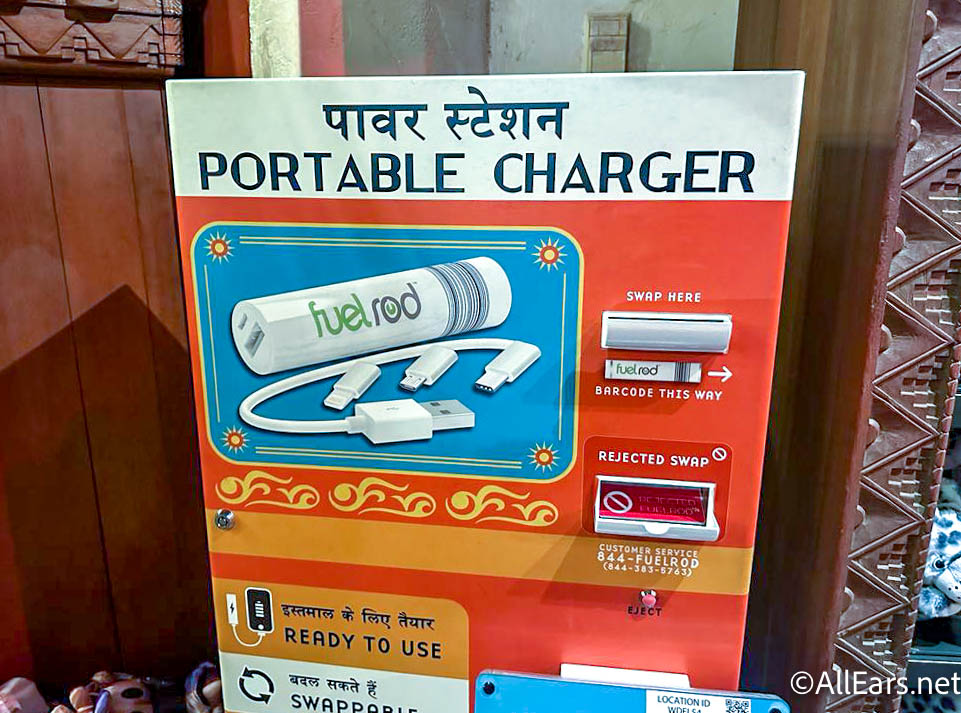In Defense of Princesses
by Allyson Carangio Brandt
Guest Columnist
Feature Article
This article appeared in the November 22, 2011 Issue #635 of ALL EARS® (ISSN: 1533-0753)
 The Disney Princesses are getting a bad rep.
The Disney Princesses are getting a bad rep.
Take one picture circulating the internet recently. An image of all the princesses, done up in their finery, with bubbles floating over their heads pointing out all their faults and their negative effect on young girls. It isn't the first time I've seen something like this, and I'm sure it won't be the last. Princess-bashing, it seems, is in style right now. Entire books have been written on the subject, warning parents that the Disneyfication of princesses are ruining our daughters. Parenting magazines caution their readers to limit their baby girl's exposure to princess paraphernalia. Apparently, it will lead them to believe that they must be saved by a man, be conventionally beautiful, and have a lovely singing voice–or they aren't worth anything.
As a girl who grew up watching Disney movies, a woman who walked down the aisle to "A Dream is a Wish your Heart Makes", and a mother, I take serious offense to the allegations that Snow White, Cinderella and all the other Disney gals are harmful to a growing girl. Ladies and gentlemen, may I present my defense of the Disney Princesses.
Firstly, the idea that allowing little girls to watch, enjoy and emulate princesses will make them believe that their purpose in life is to marry young and spend the rest of their lives catering to a man is absurd. I'll use myself as an example. My costume of choice for my first real Halloween was Snow White. My first real memory? Watching Sleeping Beauty around age 3, with tears pouring down my little face as she and the prince danced through the clouds at the end of the movie. I remember seriously debating the "blue vs. pink" dress issue with my best friend in elementary school. And as an adult, I found myself swooning just a little bit as Rapunzel and Flynn Rider floated through a sea of paper lanterns. Somewhere in my heart, I went "how romaaaantic!" Lastly, my mother likes to tell the story of the day of my wedding, after the ceremony, when we all gathered at the Magic Kingdom to watch the afternoon parade. The Wicked Queen stepped up to me on the sidewalk and I shrank back, a slightly irrational childhood fear suddenly popping up.
So obviously, Disney and their princess stories had an affect on my life. If they were going to get to anyone, it would have been me. And yet, here I am — I went to a good college, lived independently for some time, and am a happily married woman who continues to stand on her own two feet. I have managed to live an entire fulfilled life even though I love the Disney Princesses. I very rarely leave the house in a formal dress, I don't lean out my window and wait for little birds or woodland creatures to come hang out with me, and I am under no false pretenses about my lack of singing skills.
I completely understand that parents want their children — especially their little girls — to grow up to be strong, self-sufficient and independent. But watching Disney movies is not going to impede that. In fact, the Disney Princess movies can be great teaching tools for parents and offer great conversation starters. Critics tend to focus on the romantic love that plays out in the movies, but why not look at the other relationships in the tales? Belle is the perfect example. She is unerringly loyal to her father — she trades her own freedom so that he may be released from the Beast's Castle, and then when she does fall in love with The Beast, she leaves him to go to her ailing father. In Sleeping Beauty, the king and queen send their baby daughter into hiding to keep her safe. The three fairies give up all their magic for 16 whole years — an almost unthinkable task, just ask Merryweather–to raise her in secret.
Friendship is a huge theme in all of the Princess movies. Cinderella has loyal friends who put their lives on the line for her — even if they are mice. Ariel has Flounder and Sebastian — the latter even gets stuffed and almost cooked by a French chef while trying to keep an eye on her. And I love the relationship that Rapunzel and Pascal the chameleon have — he sticks close to her no matter where she ends up on her adventures.
The anti-princess movement cites the Disney Princesses as being weak and too romantic, and being a negative female stereotype to girls. I think this is quite the opposite. Assuredly, romance is a main theme in all of the Princess movies. But they offer so much more! Princess Jasmine stands up against the idea that she must marry a prince she doesn't love by a certain age. "I am not a prize to be won!" she declares to her father. And when Aladdin fancies himself up for her, she prefers him to act like himself. Even Princess Aurora, whose story is critiqued as mindless and chauvinistic, fought against being married to a man she didn't love. Conveniently, the man she falls in love with and the man her parents chose for her happen to be the same person.
Rapunzel follows her own inner voice, even when it means going against the woman she believes to be her mother. She trusts her instincts telling her that there is more to her world than she believes. And Tiana, from The Princess and The Frog, is an independent woman if I've ever seen one. She has a plan for her life and a laser-like focus when it comes to accomplishing her goal of opening her own business. She even lives out her dream once she has met her man. Who wouldn't want their daughter to emulate that line of thinking?
Poor Ariel often catches the brunt of princess haters, who declare her story as having an especially bad moral for girls — leaving her life, changing her appearance, giving up her best qualities, all for a man. But the way I see it, Ariel is simply following her heart. Long before she spies Prince Eric, she is fascinated by the human world. She has a whole cavern of dinglehoppers and other human artifacts. She always felt like something was missing from her life. I think the moral of The Little Mermaid should be that you shouldn't dislike a group of people simply because they're different. Maybe you have fins and they don't, maybe they're black and you're white. The story of The Little Mermaid is a great opportunity to discuss tolerance.
Pocahontas is another great example of tolerance. When European settlers come exploring on Pocahontas' tribe's territory, she shows John Smith how wonderful the natural world can be just as it is. She stands between her tribe and the settlers on the brink of a war started by differences. Grandmother Willow in particular offers great nuggets of wisdom throughout the movie: "Young man, sometimes the right path is not the easiest one," she tells John Smith.
The Disney Princesses obviously have quite a following. There is a waiting list for the wildly popular Bibbidi Bobbidi Boutique, and the lines to meet the princesses inside the parks are often the longest. I have tried (and failed) to get reservations at Cinderella's Royal Table for five years now. So I know I'm not the only one who sees the good in them, by far — and I know I've only scratched the surface of the positive qualities they possess here.
When it comes to the princesses, it's all how you spin it. Sure, a person can find negative aspects in the movies. But I would like to ask those people this: What is the harm in letting little girls dress up in pretty dresses? What's so wrong with letting them believe in true love? Let them embrace the idea that love and faith and dreams can solve everything, for just a little while.
= = = = = = = = = = = = = = = =
RELATED LINKS
= = = = = = = = = = = = = = = =
Allyson Carangio Brandt last wrote for AllEars® in Issue #580 on November 2, 2010, "Real Life Land."
http://allears.net/ae/issue580.htm
-=-=-=-=-=-=-=-=-=-=-=-=-=-=-=-=-=-=-=-=-
ABOUT THE AUTHOR: Allyson Brandt lives outside of Atlanta with her husband and 1-year-old son. She's been a Disney enthusiast her whole life, marrying her very own Prince Charming there and returning every year to soak in the magic. Her favorite park is Magic Kingdom, and no trip is complete for her without some Mickey Ice Cream.
-o-o-o-o-o-o-o-o-o-o-o-
Editor's Note: This story/information was accurate when it was published. Please be sure to confirm all current rates, information and other details before planning your trip.

